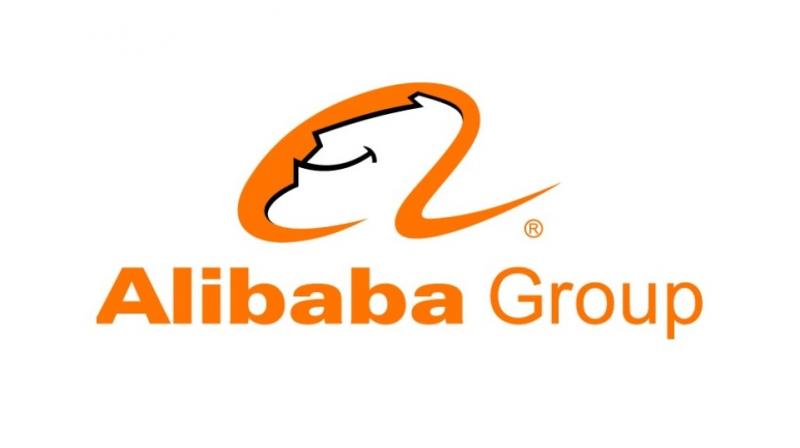Mexico far from goal on Alibaba e-commerce deal: official
Alibaba is waiting for 100 Mexican vendors to join before launching a country-specific site known as a pavilion.

Mexico’s deal with China’s biggest e-commerce company, Alibaba, to increase online business for exports like avocados and tequila needs the participation of dozens more companies to make it successful, an official at Mexican trade group Promexico said in an interview.
So far, 24 companies have been approved to export to businesses in China and other countries as paying members on business-to-business platform Alibaba.com, Carlos Alvarez, a project coordinator at government trade and investment group Promexico, told Reuters this week. Alibaba is waiting for 100 Mexican vendors to join before launching a country-specific site known as a “pavilion” on its wholesale platform that would showcase Mexican products on a single web page, Alvarez said.
The Mexican government signed a deal with Alibaba last September to help small- and mid-sized businesses enter Mexico’s nascent e-commerce industry alongside mega players including Wal-Mart de Mexico and Amazon.
Alibaba said in a statement that it was committed to “helping them participate in global trade through e-commerce and the use of technology.”
Part of Promexico’s task is convincing companies that gaining access to Alibaba is worth taking on complex logistics and high shipping and insurance costs, Alvarez said.
“They’re scared of coming because it’s expensive. But once they’re there, they can take off,” he said.
Unfamiliarity among Mexican businesses with Alibaba’s wholesale platform and e-commerce in general, along with seller membership costs, have been other barriers, Alibaba said.
Alibaba offered a half-price promotion from November 2017 to March 2018, putting the annual cost at $1,500 a year, Alvarez said. Promexico is negotiating with Alibaba to renew the promotion.
A web page dedicated to Mexico would be Alibaba’s first to focus on Latin America and would join pages for 17 other countries, including the United States, India and Japan.
“They want the Mexico pavilion because they know that Mexico has products of quality, and products that distinguish it,” Alvarez said, naming leather cowboy boots, tequila and mezcal liquors, cactus cooking ingredients and avocado-based cosmetics and soaps as examples of high-demand items in China.
Just as coveted are avocados that can be wrapped with shiny bows and given as gifts, Alvarez said.
Companies on board include home goods business Vianney, sugar producer Panelami, shoemaker Altura Siete and coffee farm Argovia.
Some companies that qualified for the program were not ready to leap into new territory.
Grupo Evans, which sells industrial equipment like electric generators and water pumps, was approved but decided to hold off until gathering more internal resources to handle greater sales volume it expects from new markets.
“We needed a bit of preparation,” said Ana Carolina Goytia Martinez, head of digital marketing for Evans. “But we’re looking for new markets and we think with e-commerce, we can reach them.”
Alibaba reported its strongest-ever quarterly revenue growth on August 23, partially boosted by an increase in paying members on its wholesale platform.
Click on Deccan Chronicle Technology and Science for the latest news and reviews. Follow us on Facebook, Twitter.

